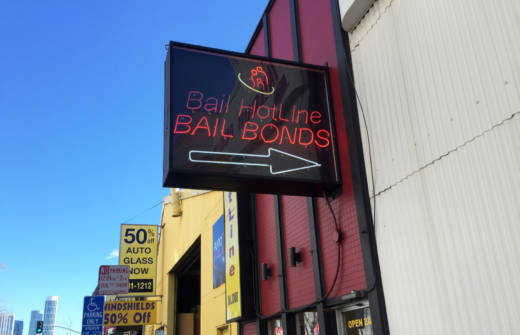A measure to overhaul how California treats criminal defendants awaiting trial cleared a key hurdle in the state Capitol Tuesday -- and underwent some changes.
Lawmakers pushing to upend the current money bail system have made several tweaks to Senate Bill 10 in recent days, all aimed at addressing concerns raised by prosecutors and judges. And they said Tuesday that they are open to making more.
The bill would move California away from a system that requires most criminal defendants to give hundreds or thousands of dollars to bail bond agents before they are released from jail -- instead directing courts to let people go free if they don’t pose a risk to public safety. Defendants would undergo a scientifically based risk assessment undertaken by pretrial services agencies, which already exist in some, but not all, California counties.
If the risk assessment recommends a defendant for release, there could be conditions on someone's release, such as check-ins with probation officers or electronic monitoring, like ankle bracelets -- but under the bill, the default would be for courts to let nonviolent offenders wait for their trial date at home.
Critics of the current system argue it punishes the poor while letting rich defendants buy their freedom. But the bail bond industry is pushing back, saying bail works to keep communities safe and ensure that defendants show up in court.
